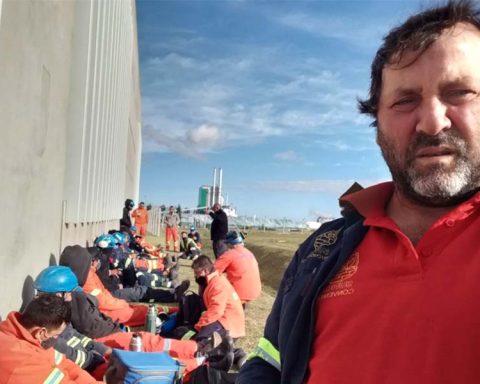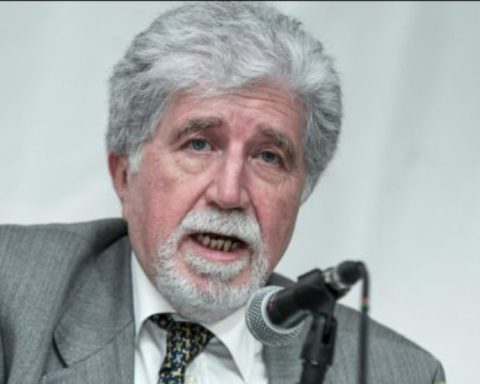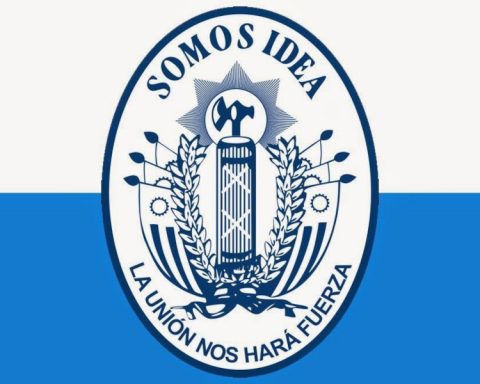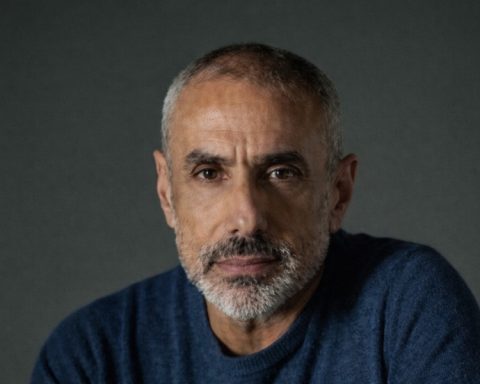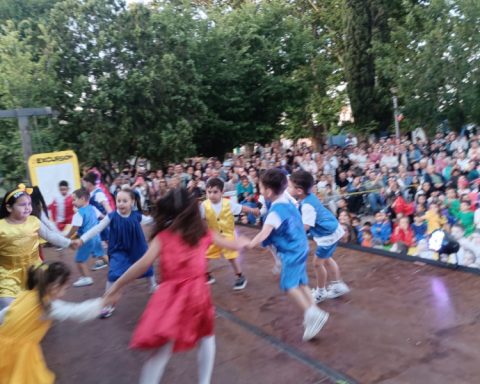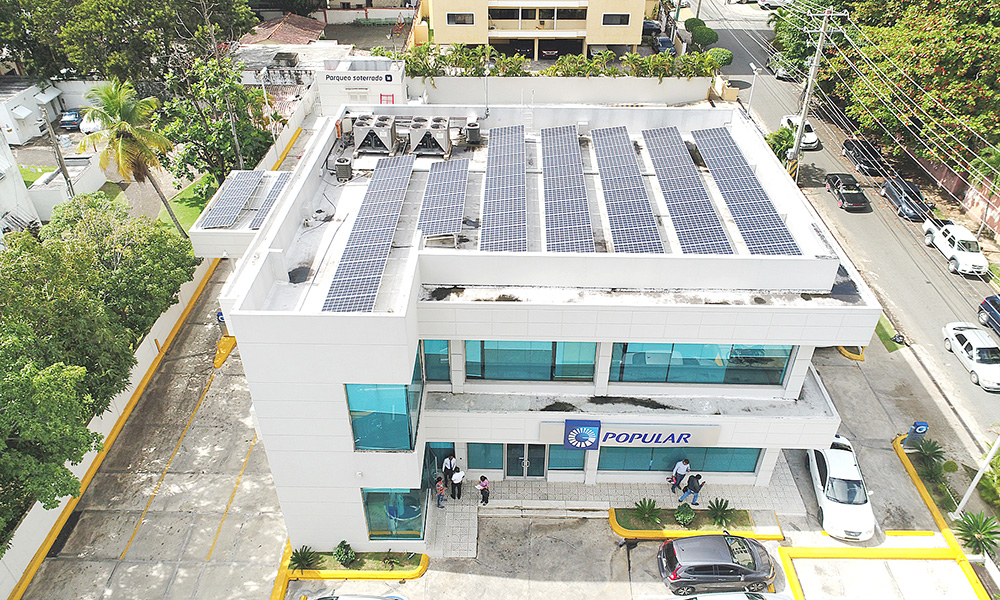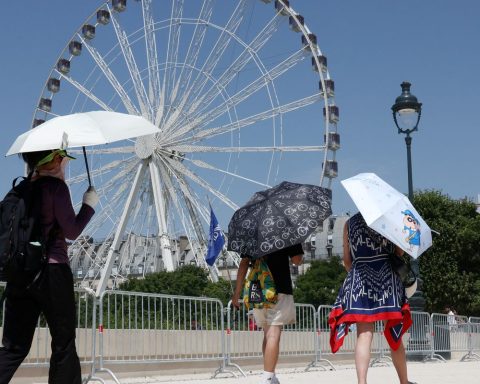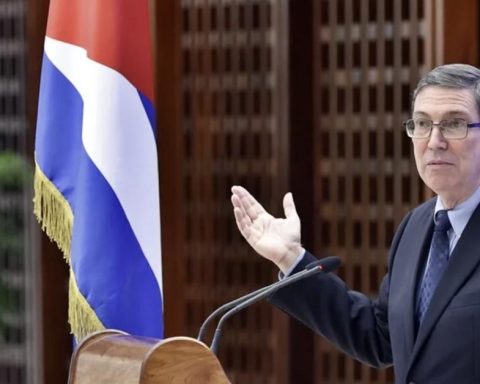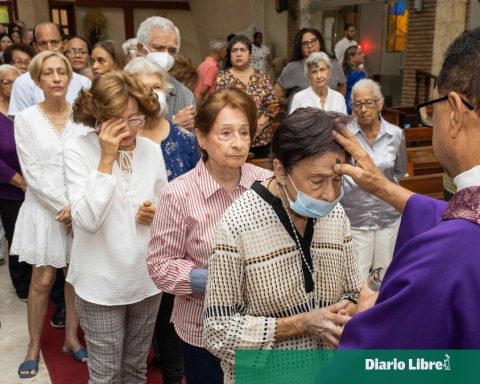It was the last weekend of January and the reality of the tourism sector is totally contrary to what was experienced at the beginning of the year. During the second fortnight of the month, the weather didn’t help, the omicron variant skyrocketed and visits dropped. What’s morethe Uruguayans alone were not enough to sustain the activity and keep employers happy.
As of the reopening of borders announced in November 2021, the expectations of the operators had been raised. In the east, the early estimate was consolidated almost two months later, between the end of December and the beginning of January, with numbers that showed a long-winded season.
“The perspective was positive because with the arrival of Brazilians there was an unusual movement for the finals. December started very strongly, we had practically no one in CTI and very few infections. We arrived at a Christmas in which we saw (the sector) with good prospects,” analyzed Francisco Rodríguez, president of the Association of Hotels and Restaurants of Uruguay.
Open borders, high levels of internal tourism, access to vaccination and a flow of mobility managed by the freedoms granted by the government allowed us to think that the rebound from the beginning It was going to leave similar conclusions to the last pre-pandemic summer. but that didn’t happenat least until now.
The expected drop in activity in the second fortnight translated into a nightmare for operators. On the one hand, cancellations and date changes increased due to the rains. On the other hand, the number of tourists who tested positive for covid-19 and could not travel grew. In the midst of all this, there were those who gave up visiting Uruguay due to the high rates of contagion, explained the businessmen consulted.
“In Punta Del Este, we can say that we were working with an excellent occupation until January 15, even in some places better than what one had planned. But as the days passed and infections increased, the pandemic hurt us a lot. We begin to receive cancellations or date changes, mainly from the Argentine public who had planned to spend their vacations here and when they tested positive in their country they could not come,” he told The Observer businessman Alejandro D’Elia, general manager of Grupo Solanas”.
“With the open border, mobility improved, but not the numbers: I think we all started a season with a lot of encouragement and enthusiasm and a positive outlook, but after 10 days we were already stopped by everything that camethat no one expected it,” said the president of the Rochense Tourism Corporation, Delvair Amarilla.
D’Elia and Amarilla agreed that the “adrenaline” reflected at the beginning of the season -due to the intense flow of Brazilians who arrived in the country- “stopped” days before the fortnight change. Something similar happened with Argentines, who accounted for more than 60% of the tourists who visited the country. Mostly owners, some had to stay more days to quarantine, however, that was not enough to match a scenario like that of the 2019 season.
“We did not reach the 2019 numbers. It was in the first 10 days of January that we had a lot of movement due to the arrival of Brazilians. The issue of the increase in cases and bad weather lowered the movement and also affected cancellations, not so much in the second half of January, but in February, because it happened to us that suddenly we had foreign tourists who did not come for the cases. or others who, having been infected, suspended their vacations. If we had kept like the first 10 days of January we would all be a little happier. Occupancies fell from 80-90% to 30-40%Yellow pointed out.
The businessman, for his part, acknowledged that the movements fell in relation to what he expected for the second half of the month and attributed the drop to the rains. “The weather did not help and there is a big difference: the end of January was very different because we felt very affected. After the 12th, things changed in terms of accommodation. We have to be calm, be optimistic, and hopefully the cases will go down. We are going to work next summer, but also the whole year in tourism. Not only with the sun and beach, but also bet on rural tourism, gastronomy, events and congresses. I think we have to keep looking forward and not backwards.”
In that sense, Rodríguez said: “We had the perspective that it would be slow, but firm. Ómicron made that tourism that you need all week be reduced to the weekend. The only tourism that we had practically the whole week was that of the first fortnight.”
Operators ask for “help” and prepare to face the foreseeable fall in February
The results of February are rarely on a par with the balance that January leaves at the end of the season, especially since their prices are “historically 20% lower,” explained D’Elia. This is something that tour operators keep in mind when marketing, but also entrepreneurs when investing in a business during the summer.
Although for this 2022 a rebound is expected in the days of carnival, in the sector understand that measures must be taken as soon as possible and that it is inopportune to draw conclusions until the last day of summer.
The “aid” they claim ranges from a tourist housing bill, extending partial unemployment insurance to a 0% VAT rate on accommodation to “encourage” tourism. “We hope that by February they can give us the zero rate and that we can see the tourist housing law (in force),” D’Elia estimated.
“The sector needs some help because it came out strong, but this is a standstill. I’m talking above all about accommodation, hotels and real estate,” Rodríguez agreed.
In addition to the difficulties caused by the pandemic, the sector has another problem related to costs. The price of accommodation fell by 30% compared to 2019 and operators report losses both due to the “lack of tourists” and the drop in these rates.
“We are working so that partial unemployment insurance is extended from March. The sector requires that all this be extended a little longer because the 10 days worked (in January) do not help maintain the rest of the year. We don’t know what will happen now in February, which is already a low month. There is the carnival, but three or four days will not save you,” said Amarilla.
That is where the claims to the government come from: “The measures are essential at the moment, since the operators are going to need them beyond March. At the beginning of the season we had already asked and, although they did not give us, we understood that they wanted to see how the season would go. Now we have arguments for the Ministry of Economy to accept our proposal“, he added.
Pending climatic evolution and the count of covid-19 cases, Uruguayan businessmen assume that the pandemic “harmed” them and hope that the analysis of the February records will confirm favorable figures compared to the second half of January. They will go in search of the “impulse” of internal activity, although they have “demonstrated” that with this alone “it was not enough” last season.
“We have to continue betting on internal tourism, waiting for external tourism to come and for this pandemic to be controlled,” concluded businessman D’Elia.
